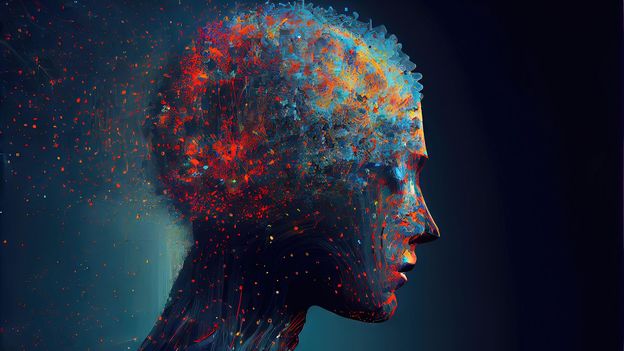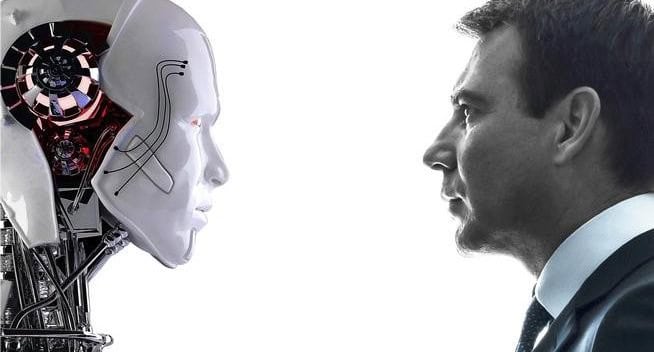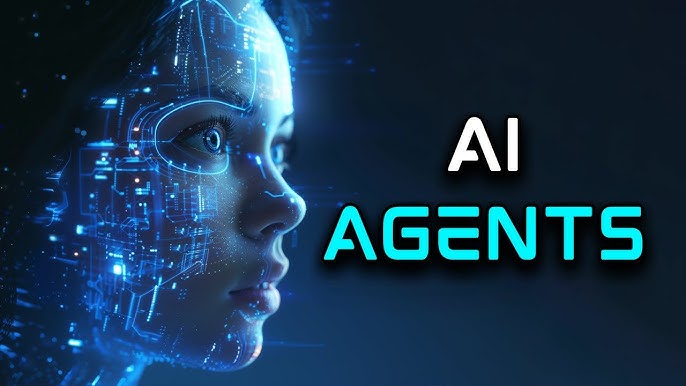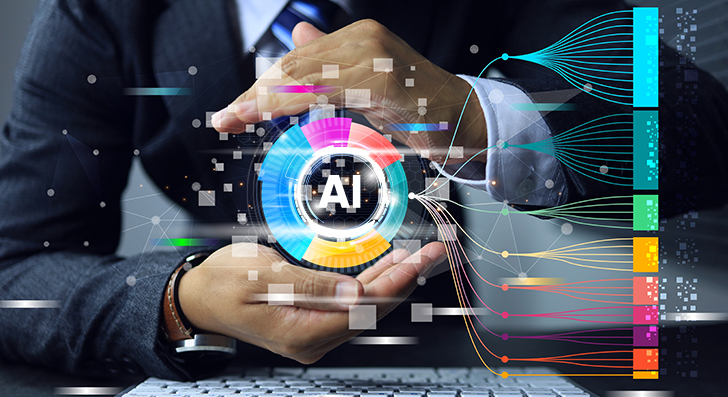For millennia, humanity has gazed into the shadows, captivated by whispers of ghosts, unexplained lights in the sky, and other phenomena defying easy explanation. These mysteries, often lumped under the umbrella term "paranormal," have fueled countless stories, investigations, and a healthy dose of skepticism. But what if we could leverage the very technology revolutionizing our world – Artificial Intelligence (AI) – to shed light on the unknown?
This might seem like the stuff of science fiction, but the potential of AI in analyzing the vast and often subjective data surrounding unexplained phenomena is quite real. From witness testimonies to sensor readings and video recordings, AI offers a powerful tool to delve deeper into the mysteries that pique our curiosity.
For centuries, the unexplained has captured our imaginations. Ghostly sightings, UFO encounters, and strange occurrences have fueled folklore and sparked countless investigations. But what if we could use the very tool that's revolutionizing our world – Artificial Intelligence (AI) – to shed light on the paranormal?
This might sound like science fiction, but AI holds immense potential in analyzing the vast and often anecdotal data surrounding unexplained phenomena. Here's how:
-
Data Analysis Powerhouse: AI excels at processing massive amounts of data quickly and efficiently. This includes witness reports, sensor readings, audio recordings, and even video footage from paranormal investigations. By analyzing these datasets, AI can identify patterns and correlations that humans might miss, potentially revealing connections between seemingly unrelated events.
-
Predictive Modeling: Imagine using historical data on reported paranormal activity to predict where or when similar occurrences might happen! AI algorithms could analyze factors like location, time of day, weather conditions, and even electromagnetic fluctuations to create predictive models. This could guide researchers to "hotspots" of paranormal activity, leading to more focused investigations.
-
Anomaly Detection: AI can be trained to identify anomalies in sensor data or video recordings. This could be particularly useful in capturing Electronic Voice Phenomena (EVP) or unusual temperature fluctuations often associated with paranormal experiences. By filtering out background noise and identifying statistically improbable occurrences, AI could potentially isolate genuine paranormal activity.
Of course, challenges remain. The very nature of the paranormal makes it difficult to quantify and replicate, which can limit the effectiveness of AI algorithms. Additionally, relying solely on data could overlook the subjective experiences that often accompany paranormal encounters.
The Future of the Unknown
Despite these limitations, AI offers a powerful tool for taking a more scientific approach to the paranormal. Here's what the future might hold:
- Collaborative Investigations: Imagine AI working alongside paranormal investigators, analyzing data in real-time and suggesting areas for further exploration.
- Standardization of Evidence: AI could help establish standardized data collection methods for paranormal investigations, leading to more credible and comparable evidence.
- Demystifying the Unexplained: By identifying patterns and correlations, AI could help explain some phenomena currently attributed to the paranormal. This doesn't necessarily disprove the existence of the supernatural, but it could lead to a deeper understanding of the world around us.
Whether AI ultimately unveils the secrets of the paranormal or not, its use in this field promises an exciting new chapter in our quest to understand the unexplained. So next time you hear a strange noise in the night, remember – science might just be getting closer to cracking the code.
Beyond the Obvious:
The capabilities of AI in paranormal research extend beyond just analyzing data. Here are some intriguing possibilities:
- Natural Language Processing (NLP): Imagine a system that can analyze written accounts of paranormal experiences, identifying common themes, emotional language, and potential inconsistencies. This could help researchers differentiate between fabricated stories and potentially credible accounts.
- Image Recognition: AI could be trained to analyze video footage from paranormal investigations, automatically detecting unusual movement, light anomalies, or even facial recognition in supposed spirit apparitions. This could significantly reduce the chances of human error or misinterpretation in analyzing video evidence.
Challenges and Skepticism:
It's important to acknowledge the challenges and skepticism surrounding AI and the paranormal. Here are some points to consider:
- Confirmation Bias: AI algorithms are only as good as the data they're trained on. If the data is skewed towards confirmation bias (focusing on evidence that supports a particular belief), the AI could perpetuate misconceptions. Careful data curation and diverse datasets are crucial.
- The Human Element: The paranormal is often intertwined with human emotions, psychology, and cultural beliefs. AI might struggle to capture the subjective experiences that often accompany reported paranormal encounters. A human touch will likely always be necessary to interpret the data and its broader implications.
The Future is Now:
Despite the challenges, researchers are already exploring the potential of AI in paranormal investigations. For instance, universities like Goldsmiths, University of London, have experimented with AI to analyze ghost hunting data. These initial efforts pave the way for a more data-driven approach to the paranormal, potentially leading to groundbreaking discoveries.
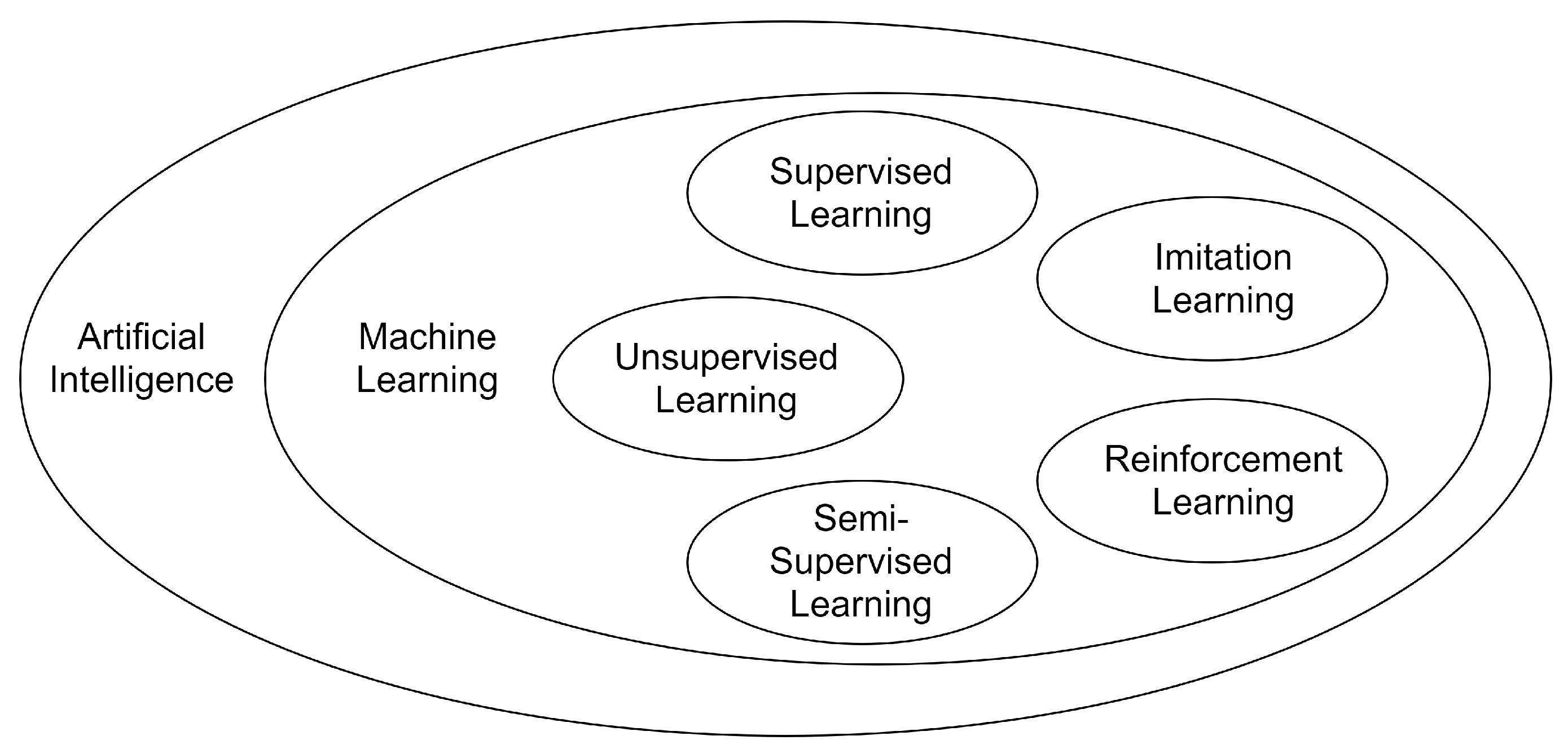
The Power of Citizen Science:
Citizen science projects could leverage AI to create a global network of paranormal data collection. Imagine an app that allows users to report strange occurrences, upload video footage, and answer standardized questionnaires about their experiences. This data could then be fed into AI algorithms, allowing researchers to analyze vast amounts of information from all corners of the world. This could potentially reveal geographically specific patterns or environmental factors associated with paranormal activity.
AI and the Unidentified Aerial Phenomena (UAP):
The recent surge in government and public interest in UAP (formerly known as UFOs) presents a fascinating opportunity for AI. AI could be used to analyze vast amounts of footage captured by military jets, civilian aircraft, and even doorbell cameras. By applying object recognition and anomaly detection algorithms, AI could potentially identify previously overlooked patterns in UAP movement or behavior. This could lead to a deeper understanding of these enigmatic phenomena and potentially differentiate them from human-made aircraft or natural occurrences.
Ethical Considerations:
As with any powerful technology, the use of AI in paranormal research comes with ethical considerations. Here are some important questions to ponder:
- Privacy Concerns: Citizen science projects involving user data necessitate robust privacy protocols to ensure user information is protected.
- Misinformation and Misinterpretation: AI results should be communicated clearly to avoid sensationalization or misinterpretations by the public. Transparency and clear explanations of the limitations of AI analysis are crucial.
Conclusion
The dance between science and the paranormal is about to get a new partner – Artificial Intelligence. While AI might not hold all the answers, it offers a powerful tool to move beyond anecdotal evidence and subjective experiences. By analyzing vast datasets, identifying patterns, and even predicting potential hotspots of activity, AI has the potential to transform how we approach the unexplained. The journey to unraveling the mysteries of the paranormal might not lead to ghosts and goblins, but it could very well lead to a deeper understanding of the universe and phenomena that currently defy easy explanation. So, as AI steps into the realm of the paranormal, get ready for a thrilling exploration of the unknown.
For more information contact : support@mindnotix.com
Mindnotix Software Development Company


 AI-Taxi App
AI-Taxi App AI-Food App
AI-Food App AI-Property Mgmt App
AI-Property Mgmt App AI-CRM
AI-CRM AI-Fantasy App
AI-Fantasy App
 Web Development
Web Development App Development
App Development Business & Startup
Business & Startup Hire Developer
Hire Developer
 Digital Marketing
Digital Marketing Lead-generation
Lead-generation Creative Agency
Creative Agency Branding Agency
Branding Agency Augmented Reality
Augmented Reality Virtual Reality
Virtual Reality Internet of Things
Internet of Things Artificial Intelligence
Artificial Intelligence Blockchain
Blockchain Chatbot
Chatbot